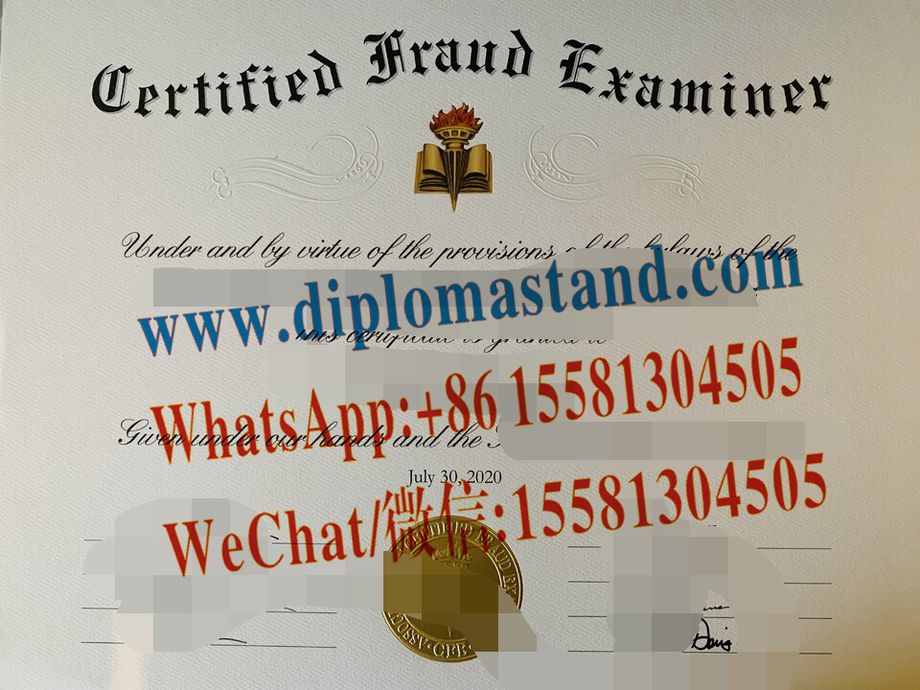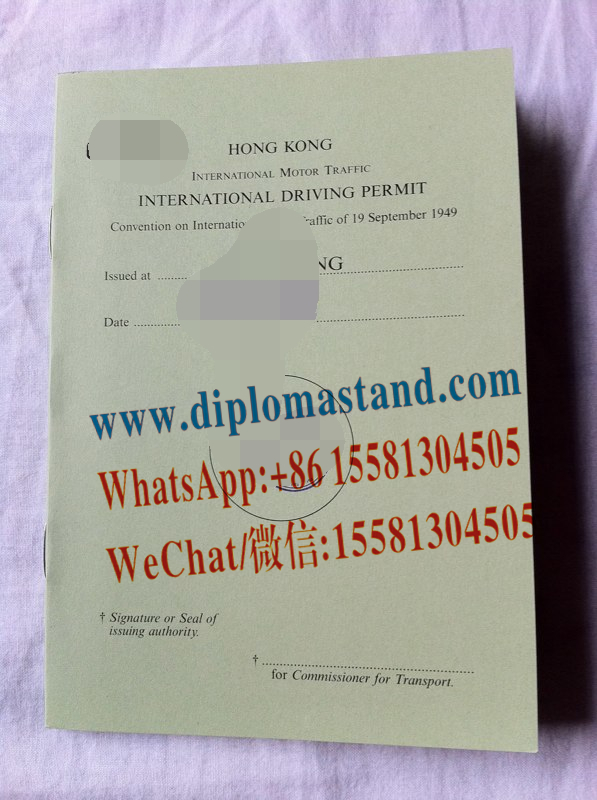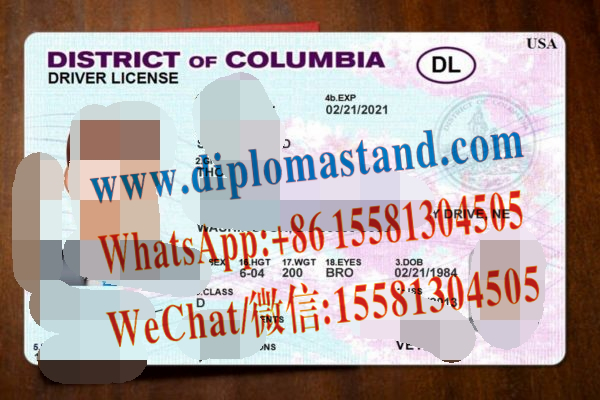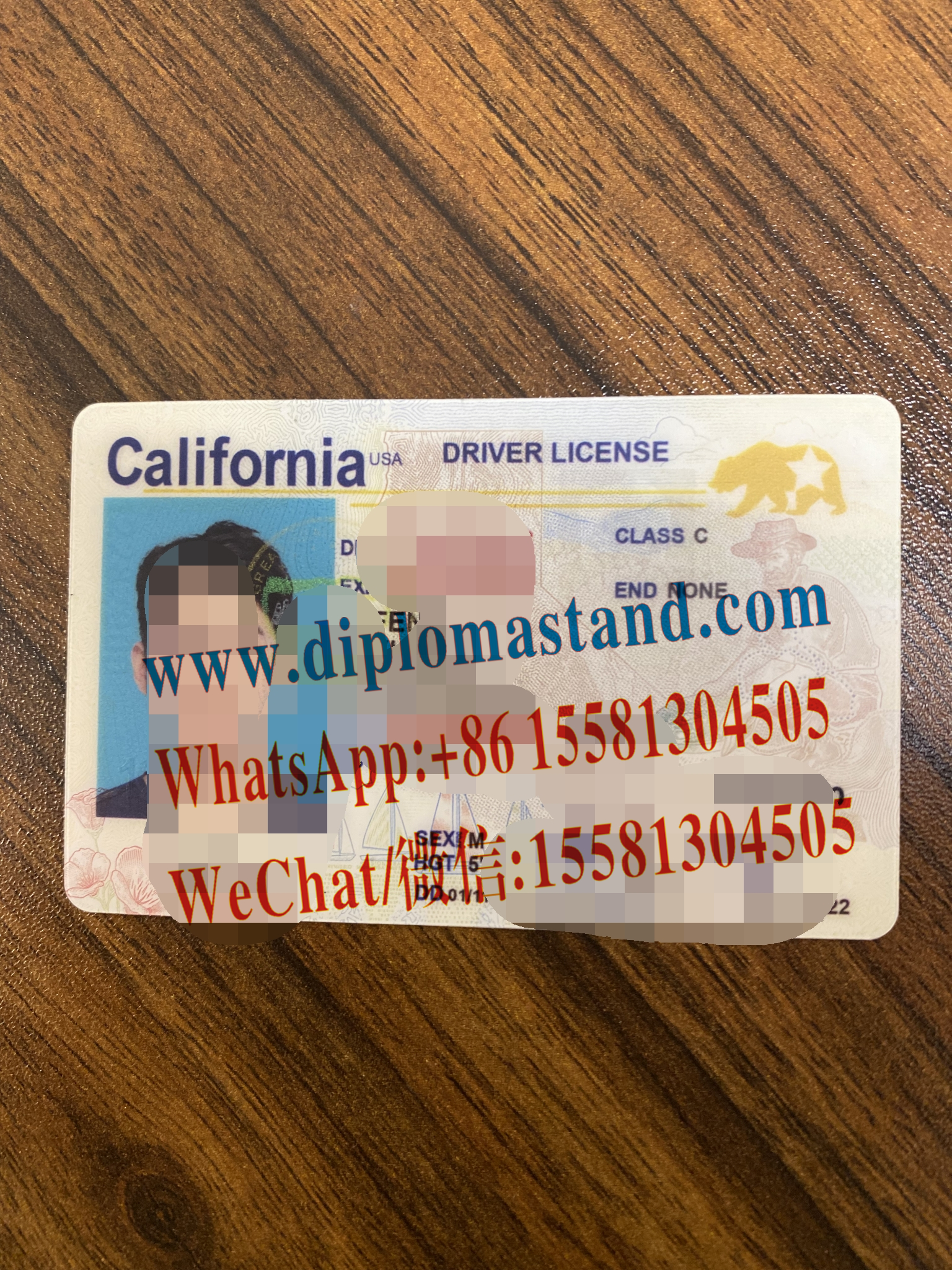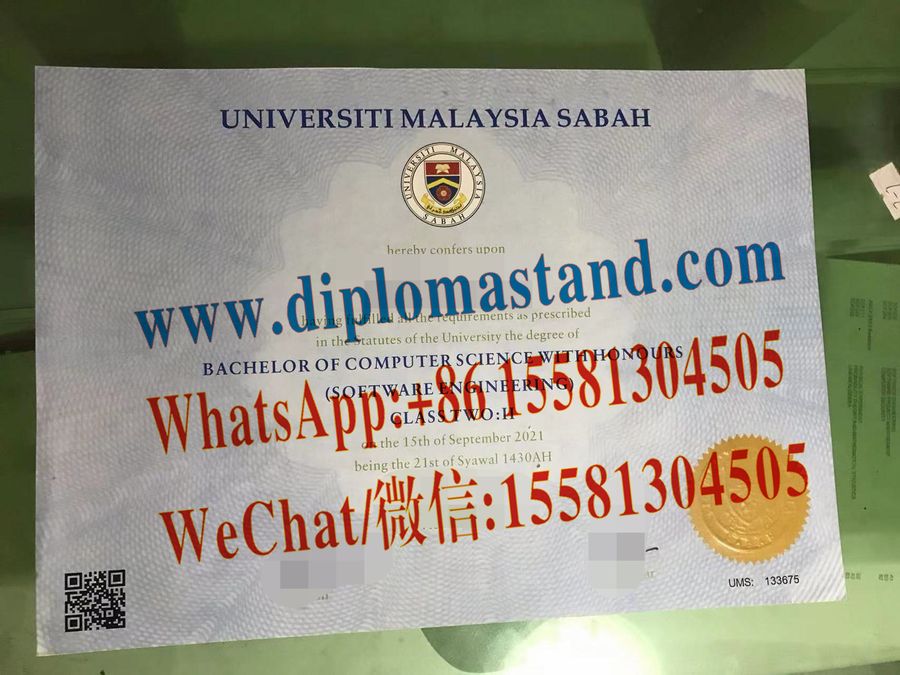Fake Association of Certified Fraud Examiners Certificate
Data:2023-08-17
body { font-family: Arial, sans-serif; line-height: 1.5; } h1 { font-size: 24px; font-weight: bold; margin: 20px 0; } h2 { font-size: 20px; font-weight: bold; margin: 15px 0; } h3 { font-size: 18px; font-weight: bold; margin: 10px 0; } h4 { font-size: 16px; font-weight: bold; margin: 5px 0; } p { margin-bottom: 15px; } .question { font-weight: bold; } .answer { margin-bottom: 10px; }
Fake Association of Certified Fraud Examiners Certificate
Welcome to our website! In this article, we will discuss the so-called "Fake Association of Certified Fraud Examiners Certificate," which has been causing confusion and concern among individuals seeking legitimate certifications in fraud examination.
What is the Fake Association of Certified Fraud Examiners Certificate?
The Fake Association of Certified Fraud Examiners Certificate refers to a fraudulent certification claiming to be issued by an organization with a similar name to the well-respected and recognized Association of Certified Fraud Examiners (ACFE).
How does the Fake Association of Certified Fraud Examiners Certificate operate?
The individuals behind the Fake Association of Certified Fraud Examiners Certificate carry out their deceptive practices by targeting individuals who are looking to enhance their credentials in the field of fraud examination. They often advertise their phony certificates through unsolicited emails or online platforms.
What are the dangers of obtaining a fake certificate?
Obtaining a fake certificate from the Fake Association of Certified Fraud Examiners can have serious consequences. Not only does it undermine the credibility of the individual who presents it, but it can also have legal implications. Employers, clients, or professional organizations may verify the authenticity of certifications, and any misrepresentation could lead to severe penalties.
How can you avoid falling victim to fake certificates?
Here are a few tips to help you avoid falling victim to fake certificates:
1. Research and verify:
Always conduct thorough research on any certification program or organization before pursuing it. Verify the legitimacy and reputation of the issuing organization, ensuring it is widely recognized and respected in the industry.
2. Contact established authorities:
If you come across a suspicious certification program or organization, reach out to established authorities in the field of fraud examination, such as the Association of Certified Fraud Examiners (ACFE). They can provide guidance and help verify the authenticity of the program.
3. Be cautious of unsolicited offers:
Avoid responding to unsolicited emails or offers that claim to provide certifications easily or at unusually low prices. Legitimate certification programs will have clear requirements and a thorough evaluation process.
4. Seek recommendations:
Consult with trusted professionals in your industry and seek their recommendations regarding reputable certification programs. Their insights and experiences can help you make informed decisions.
Conclusion
Always prioritize the legitimacy of certifications to maintain your professional integrity and avoid putting yourself at risk. By conducting thorough research, seeking guidance from established authorities, staying cautious, and seeking recommendations, you can protect yourself from falling victim to fake certificates.
Frequently Asked Questions:
Q: Are there any legal actions taken against the Fake Association of Certified Fraud Examiners?
A: Legal actions have been taken against individuals and organizations involved in issuing fake certificates. However, the nature of fraudulent activities means that new entities may continue to surface. Staying informed and vigilant is crucial.
Q: What are the consequences of presenting a fake certificate to an employer?
A: Presenting a fake certificate to an employer can result in severe consequences, including termination of employment, damage to your professional reputation, and potential legal actions.
Q: How can employers verify the authenticity of a certification?
A: Employers can verify the authenticity of a certification by contacting the issuing organization directly or utilizing online verification tools provided by reputable certifying bodies.
Author:admin
Hot News
READING
- Fake Merchant Logo Diploma Makers08-17
- Fake Ajman University Diploma Mak08-16
- Buy fake Eastern University Diplo08-17
- Best Fake Hiroshima University of08-17
- How Buy Otago Polytechnic Diploma08-16
- How Buy Whitireia New Zealand Dip08-16
- Best Fake Nihon Pharmaceutical Un08-17
- Buy fake Madonna University Diplo08-17
- Make Fake University of the Frase08-17
- Buy fake Wichita State University08-17

